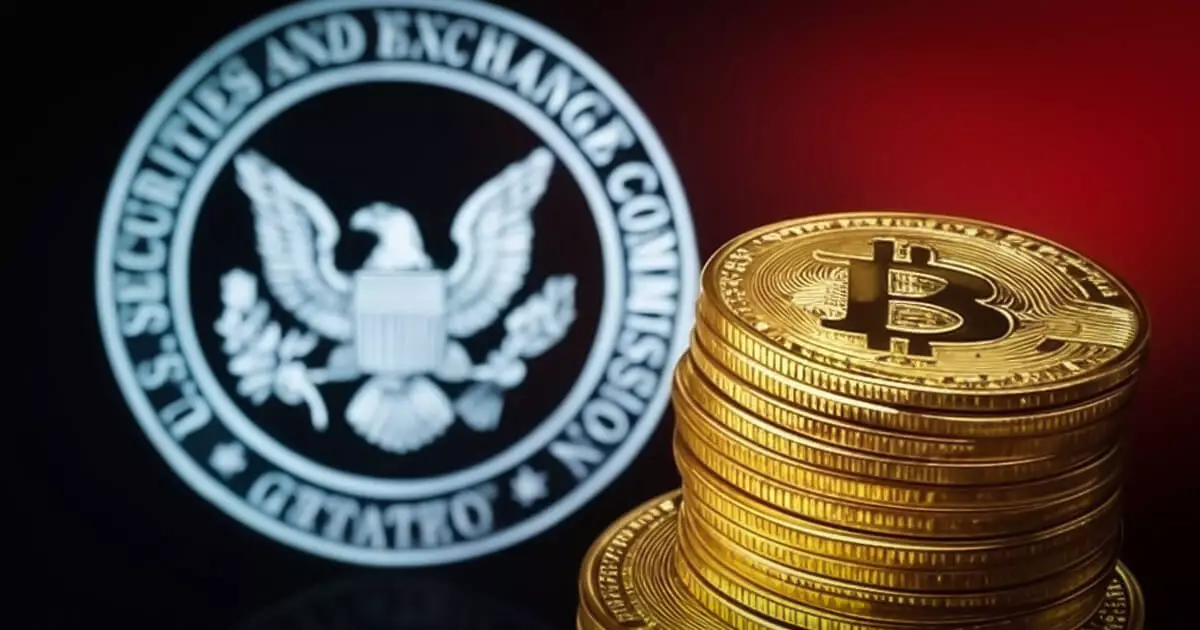In the wake of Donald Trump’s election as President of the United States, significant changes appear imminent within the regulatory framework governing cryptocurrencies, particularly involving the U.S. Securities and Exchange Commission (SEC). The anticipated shifts, driven by a cooperative environment between newly appointed leaders and crypto proponents, could redefine how digital assets are treated under U.S. law.
The potential for a lenient approach to cryptocurrency regulation hinges predominantly on the new SEC commissioners, Hester Peirce and Mark Uyeda. Both are known for their favorable views towards the crypto sector and are reportedly planning to initiate considerable revisions to the SEC’s current policies. These adjustments may include defining more clearly when a cryptocurrency should be classified as a security, which is crucial in determining the regulatory oversight applicable to various digital assets.
According to insiders, Peirce and Uyeda are also contemplating revisiting ongoing enforcement actions that involve leading crypto exchanges, such as Coinbase and Kraken. This could mark a pivotal moment for the industry, which has long voiced concerns over the SEC’s often ambiguous regulatory standards. Bill Hughes, a prominent legal figure in the crypto space, emphasized that such changes align well with Donald Trump’s previous statements regarding the technology and investment appeal of cryptocurrencies. The implications of these developments extend beyond mere administrative adjustments; they signify a fundamental shift in how government bodies could engage with the fintech world.
The SEC’s upcoming chair, Paul Atkins, is expected to further advocate for less stringent regulations surrounding digital assets. His background as co-chairman of the Digital Chamber’s Token Alliance—a group that promotes innovative policy for blockchain technologies—demonstrates his commitment to fostering an environment conducive to crypto growth. This outlook coincides with escalating calls from industry players for clarity and support rather than roadblocks.
Atkins’s anticipated leadership could herald a new era of regulatory leniency. Critics of existing regulations have cited the exorbitant compliance costs attached to current accounting guidelines as deterrents for crypto firms. The new administration’s move to rescind such measures may rejuvenate interest and investment in the cryptocurrency landscape, potentially unlocking new economic avenues for businesses and investors alike.
Although efforts to revise regulatory approaches are underway, reaching consensus on precise regulations is bound to be a protracted endeavor. Industry experts anticipate that even as Peirce and Uyeda work on laying the groundwork for new policies, coherent rules may take months or longer to finalize. This delay raises concerns about the future regulatory landscape, with many firms eager for immediate clarification to aid strategic decision-making.
Furthermore, sources suggest that the SEC may consider freezing or reassessing certain litigation endeavors, particularly those devoid of fraud allegations. While this could lead to settlements or even dismissals for some cases, it also raises vital questions regarding the politicization of regulatory processes. Industry stakeholders are wary that a sudden retreat from enforcement actions might set a dangerous precedent, potentially eroding trust in the SEC as an impartial regulatory body.
The legal ramifications of curtailing enforcement actions have sparked debate among experts familiar with the SEC’s mandate. Legal svengalis like Philip Moustakis have pointed out that a mass dismissal of cases could unsettle the SEC’s reputation and compromise its longstanding principles. Courts may resist the SEC’s efforts to circumvent established legal frameworks for asset classification, leading to protracted legal battles that would affect both crypto firms and the regulatory agency.
Additionally, discussions surrounding reopening settlement negotiations in ongoing litigation highlight the continued tension between industry aspirations and regulatory oversight. While crypto firms have pushed for more open dialogue with the SEC, historical reluctance from regulatory officials has often stifled meaningful engagement or resolution.
As the cryptocurrency industry braces itself for the evolving regulatory landscape, the decisions made in the coming months will undoubtedly resonate through the sector for years to come. In this transitional phase, balancing innovation with adequate protection for investors and consumers remains a tightrope walk for the newly appointed SEC leadership.

